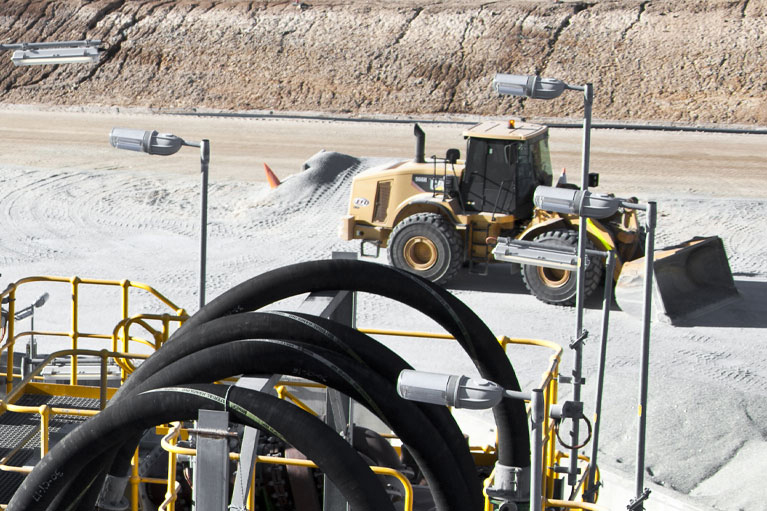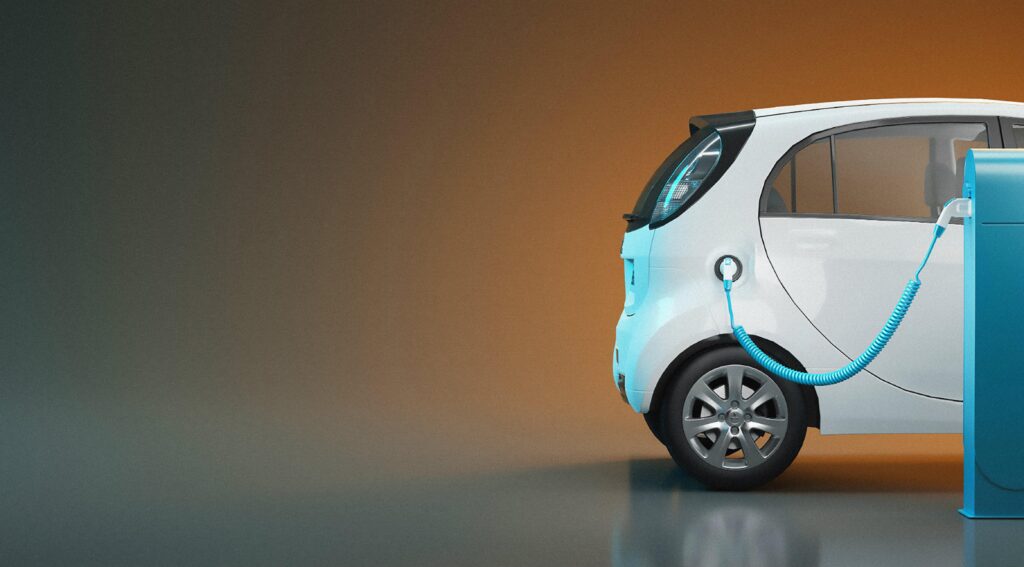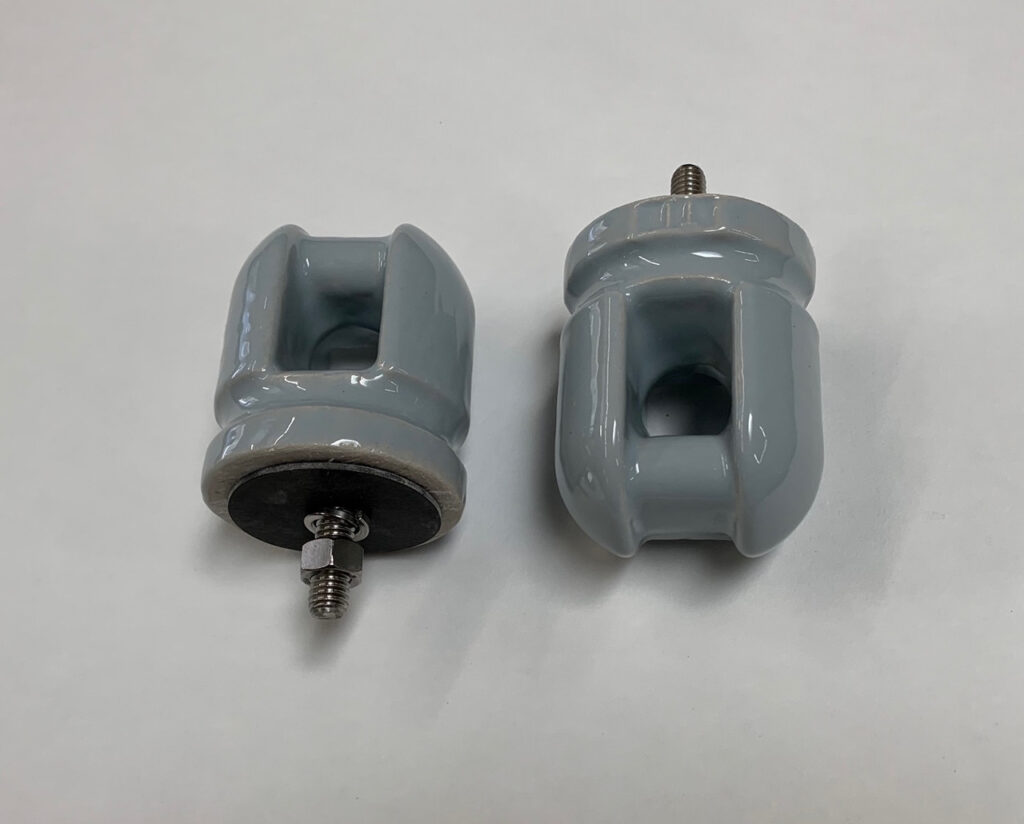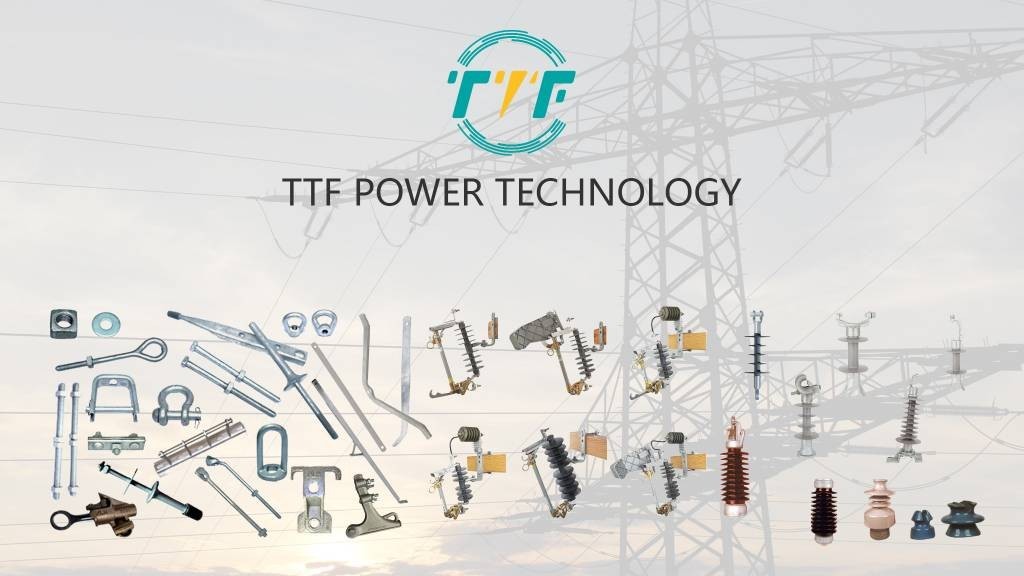
Lithium is a crucial component of lithium-ion batteries, which power electric vehicles. South America has vast lithium reserves, which position the region as a key player in the global EV supply chain. Countries like Chile, Bolivia, and Argentina hold over 50% of the lithium reserves around the world. The shift toward electric mobility depends on lithium-ion batteries due to their high density and efficiency. Lithium supports the manufacturing of electric vehicles and eases the global transition away from fossil fuels. South America’s reserves give the region leverage in global energy and trade dynamics. The lithium sector should adopt sustainable practices to reduce environmental impact. Pin insulators are crucial in the electrical infrastructure supporting lithium mining and electric vehicle charging in South America.
Pin insulators isolate the conductor from the supporting structure to prevent accidental contact between the energized conductor and the ground. The insulators help ensure the voltage levels in the power lines remain stable and efficient. The insulators are designed to withstand the mechanical stresses of the conductor and maintain the proper tension and sag. They are made from materials like porcelain or glass, which are resistant to weather conditions. Pin insulators are crucial in the power lines that supply electricity to mining sites, processing plants, and other infrastructure. They ensure the safe and uninterrupted operation of the electrical systems supporting lithium mining and EV charging.
Impacts of lithium in South America’s electric vehicle industry
Lithium has various impacts on South America’s economy, environment, and its role in the global electric vehicle industry. South American countries are increasingly adopting EVs with governments offering incentives and infrastructure support. This creates local demand for lithium and batteries to foster a circular economy. The following are the impacts of lithium in South America’s electric vehicle industry.

- Advancement in renewable energy—lithium production enables the integration of renewable energy into mining operations. This helps reduce the carbon footprint of extraction processes. Promoting domestic EV markets creates demand for locally produced lithium and fosters regional EV development.
- Environmental impacts—lithium extraction consumes large amounts of water, which can reduce resources in arid regions. The extraction process involves energy consumption and emissions in projects powered by non-renewable energy.
- Economic benefits—lithium mining and processing generates employment opportunities in remote areas of Chile, Argentina, and Bolivia. This leads to increased foreign investment, export revenue, and emerging local industries.
- Social impacts—lithium extraction leads to disputes over land and water use in remote areas. There are also concerns over how revenues from lithium mining are distributed.
- Geopolitical impacts—the plentiful lithium reserves speed up the global green energy transition. The region relies on foreign technology and expertise for lithium extraction and processing.
Functions of pin insulators in South America’s electric vehicle industry
Pin insulators ensure the reliability and safety of electrical systems involved in lithium extraction and processing for the electric vehicle industry. They ensure reliable and safe electricity transmission, which supports the region’s role in the EV supply chain. Discussed below are the functions of pin insulators in the electric vehicle industry.

- Electrical infrastructure support—lithium extraction operations need electrical infrastructure to power machinery and processing plants. Pin insulators secure electrical wires to poles and prevent them from coming into contact with grounded structures.
- Ensuring safety in harsh environments—pin insulators are from materials like porcelain that can endure temperature extremes, UV radiation, and corrosive winds.
- Supporting renewable energy integration—the insulators ease the integration of renewable energy into electrical grids. This is by ensuring the stability of transmission systems. Additionally, it helps distribute renewable energy across mining and processing operations.
- Enhancing operational efficiency—reliable pin insulators reduce electrical losses and disruptions. This ensures a steady supply of lithium for the growing EV market.
- Sustainability and durability—pin insulators are designed to reduce maintenance needs and environmental impact in lithium mining operations.
Challenges facing lithium and the electric vehicle industry
South America plays a crucial role in the global supply of lithium, which is crucial for electric vehicle batteries. The region faces various challenges in scaling its lithium production to meet the demands of the electric vehicle industry. TTF is a world-class global provider of high quality overhead line hardware, transmission hardware, distribution hardware, conductors, insulators, cutout switches, anchoring and grounding products. These products aid in the construction of lithium mining infrastructure. These challenges include environmental challenges, community issues, political uncertainty, infrastructure deficiencies, technological gaps, and economic risks.
